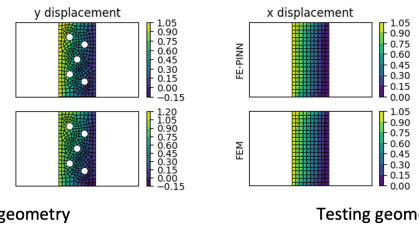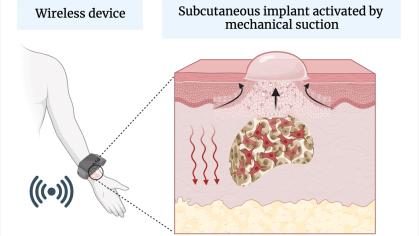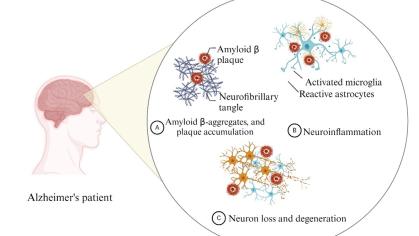Prevention and treatment of radiation-induced gut syndrome
Inventor (s): Wenwei Hu
Date Awarded: January 2020
Summary:
Radiotherapy remains a mainstay in the management of cancer; 70% of all cancer patients receive radiotherapy and it plays a critical role in 25% of cancer cures. However, the full therapeutic benefit of radiotherapy is limited by normal tissue toxicity. While radiotherapy destroys rapidly proliferating cancer cells, it can also damage normal intestinal epithelial cell, disrupt the epithelial barrier, cause inflammation and lead to Gastrointestinal (GI) symptoms and lethal sepsis. GI syndrome is a serious side effect and dose-limiting toxicity observed in patients undergoing lower-abdominal radiotherapy for abdominal and pelvic cancers, which constrains the use of optimal radiation dose for those patients. The global radiation syndrome treatment market is worth $ 4,655 Million in 2016 and expected to be $ 8,256 Million by 2024. Currently, there are only a limited number of antioxidant and anti-inflammatory agents being used clinically as radioprotectant to treat GI syndrome. There are natural products that are emerging but lacking convincing data showing good efficacy. Rutgers scientists revealed a novel mechanism to promote regeneration of intestinal stem cells to prevent/treat radiotherapy-induced GI syndrome. The major aim of this TechAdvance project is to test the efficacy of the treatment via this mechanism in preventing/treating GI syndrome in vivo using mouse models. The potential advantage of the treatment is 1) highly efficacious protection of the intestinal epithelium; 2) limited side effects.
Market applications:
- Prevent/treat radiotherapy-induced GI syndrome



